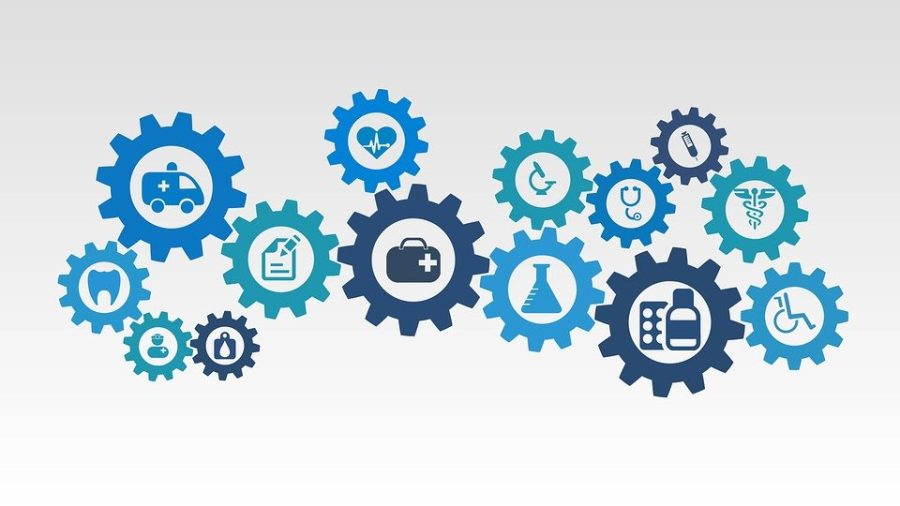Ever since the idea of going to see a doctor was introduced, the purpose of these visits have been to cure what is wrong. The purpose has never entailed trying to gather information to try to prevent these diseases from occurring. The purpose of Project Baseline is to gather data about the average human in to try to prevent disease.
The first initiative of Project Baseline will be led by biotechnology company Verily, Duke University School of Medicine, Stanford School of Medicine and Google, and will document the different ages, backgrounds and medical histories of 10,000 participants. The demographics of these individuals will be monitored for the next four years in order to discover what makes us healthy, with the ultimate goal of curing human diseases.
“The Project Baseline study has the opportunity to significantly influence our current body of knowledge by better understanding the indicators of wellness. The outcome of this study could inspire a new generation of tools that are geared towards disease prevention versus just diagnosis and treatment.”
Nancy Brown
Story continues below advertisement
The first portion of the study will take place in the United States. Anyone over the age of 18 is eligible to apply for the study. These participants will take part in specialized health visits up to four times a year to test new technologies and wearable devices, gather key data and complete surveys and journal entries about their health and current lifestyle.
The individuals selected to take part in the study will be subjected to an annual site visit and short quarterly appointments. The visit will take place at a Baseline study site near each participant and consists of two days of health tests. These tests include several standard tests, such as reviewing an individual’s medical history and assessing their physical strength.
The short quarterly appointments will occur three times a year for about one to two hours each to gather frequent health information.
“The annual physical exam, aimed at detecting major problems, has been largely unchanged for years and is very limited in preventing future health problems,” said Adrian F. Hernandez, MD, MHS of Duke University School of Medicine.
In addition, information about the day-to-day health of the participants will be tracked with wearable, technological devices. Traditional visits of the past have only been able to detail health information from year to year, but with new technological advances, Project Baseline will be able to acquire this information within minutes. Participants will wear a wristwatch which tracks their daily activity and health, as well as a sensor that monitors their sleep.
“There are many signals coming from the human body that have been previously inaccessible,” said Jessica Mega, MD, MPH at Verily. “With advanced sensors, tools and data analytics, we have the opportunity to access and organize these signals — creating a comprehensive map of health that can better predict and prevent disease.”
Surveys and health diaries are the final tool for discovering crucial health information. Every three months, subjects will fill out a set of surveys that take around 30 minutes to complete. These surveys will ask about conditions such as well-being, diet and exercise habits. Additionally, the Project Baseline mobile app will be used to collect more frequent data, like a person’s mood. Lastly, participants will provide updates on new prescription medicines or other changes in their lives to contribute more detailed information about their health.
“Most of what we see as treating physicians are snapshots in time after people are already ill. By focusing on health and wellness, we can have a meaningful impact on the well-being of patients around the world.”
Sanjiv Sam Gambhir
By utilizing state-of-the-art technology and allowing committed individuals to participate, the study might be able to find key information about human health within the next four years.
Hernandez said, “Through the Project Baseline study, we are aiming to engineer a true twenty-first century approach to health — in a preventive and personalized way.”

